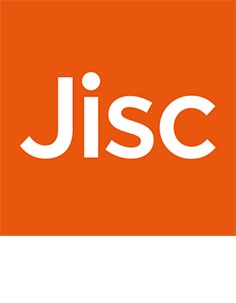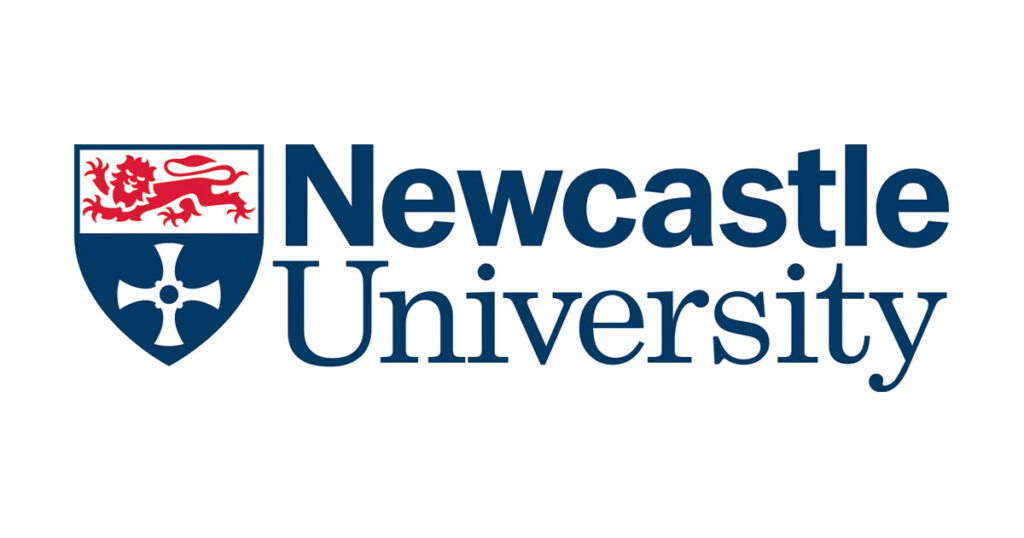Jisc has embarked on a series of negotiations with the five largest academic publishers: Elsevier, Springer Nature, Taylor & Francis, Wiley and Sage. The existing Transformative Agreements (TAs) with these publishers all come to end on 31st December 2025. Jisc will negotiate with all five at the same time and with the same set of requirements that were developed after extensive consultation with the HE Sector. Jisc anticipates “that this approach will allow the sector to return greater value from the £112 million currently spent on these agreements, reducing costs and ensuring fairer, more sustainable terms.”

In addition, Jisc aims to “align expenditure with the sector’s broader strategic goals, supporting research, teaching and student outcomes. This will help shift away from unsustainable models based upon per article charges including Article Processing Charges (APCs), paving the way for more equitable, open access publishing practices.”
Negotiation aims
- Reduce costs to alleviate financial pressure on institutions
- Move away from volume-driven models to focus on fair, sustainable approaches that increase participation in research and close the access and participation gap between the NHS, government, industry, and institutions
- Help the sector support the Government’s priorities and achieve greater economic and societal benefits, support teaching, learning and drive research collaborations
Timeline
- January 2025: Publishers informed of approach
- March – June 2025: Negotiations in progress
- July – August 2025: Consultations
- September – October 2025: Consult and agree sector walkaway strategies
- November – December 2025: Launch and orders placed or proceed with walkaway strategies
The overriding aim for the negotiations is to achieve a total reduction in spend compared to 2025 across the Big 5 publishers of between 5% and 15%. To give an idea of the potential savings involved for Newcastle University, our current spend with the Big 5 publishers is c£2.5M. A 5% saving would represent £128k, 10% £257k, and 15% £385k. At a time when we can expect no additional resources to invest in collection building to support new or expanding programmes, any funds released for reinvestment through securing better deals would be welcome.
The Library is already analysing the value for money of the existing deals, and assessing the potential impact of “walking away” from any of the agreements, which includes taking into account the internal administrative costs of managing selective access to individual journals.
The Library will provide updates on the progress of the negotiations to the University via the Library Research Services web pages, and deliver briefing sessions where appropriate. If you would like more information please contact openaccess@ncl.ac.uk.
John Williams







